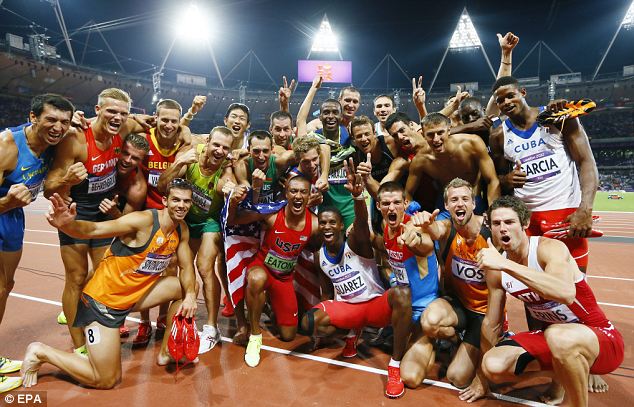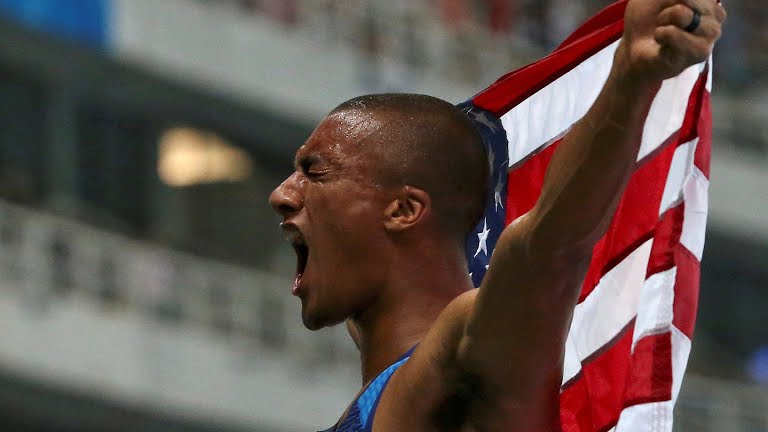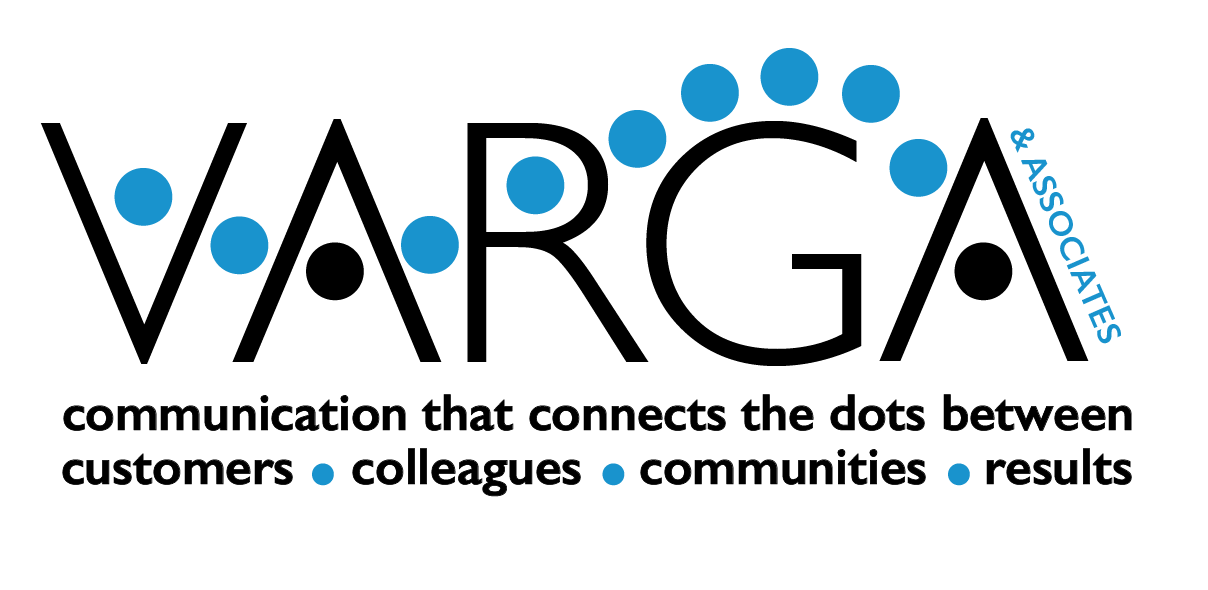At work, do you do one thing really well or have you developed the ability to do many things with a high level of proficiency?

I look forward to watching the Olympics every four years – not only to watch the amazing athletes who have trained so hard to get to this point – but to also observe how the athletes manage the pressures and intensity of the competition. How they express “the thrill of victory and the agony of defeat”. While locked in battle, how well do they work together and demonstrate respect?
This past week I was glued to the track contests and noticed the difference between what I would call the specialists (athletes who train solely in one event) and the decathletes (who are required to master 10 different events).
Both specialists and decathletes deserve full praise for their accomplishments but I observed significant differences in how they treated their competitors and celebrated their victories. Usain Bolt, as an example, showboated before, during and after his victories claiming a title of the “greatest”, mugging for the cameras, pounding his chest and even suggesting that if only his competition was a little faster, he would be faster. Specialists have strong egos and are focused on beating the other guy.
On the other hand, I saw how the decathletes behaved almost as a fraternity, cheering each other on through out all the competitions. Why? I have to think it is because they know what is takes to be “the world’s greatest athlete” and they support each other in a way I’ve not seen before.
The word for decathlon is of Greek origin, meaning “feat.” That’s exactly what competing in the Decathlon is, a tremendous feat. It is a two-day Olympic event in which athletes compete in 10 different athletic events. They get only 30 minutes between each event to recover from one contest and then it is on to the next.
Ashton Eaton defended his title and won the gold medal in this year’s Olympics in Rio. He comes across as a measured and modest guy who doesn’t indulge in trash-talking or boasting.

What Bolt accomplished in 9.81 seconds in the 100, then 19.78 seconds in the 200 is compared to Eaton’s contests that unfolded over two days and nights and 10 events, some of them contested in the middle of the day with few people watching.
“The decathlon is exclusive company,” Eaton said. “I’m just happy to be part of the family, the decathlon family, regardless of the records.”
After the final event, the 1500 meters, the athletes, thoroughly spent, picked themselves up and went directly to their competitors to congratulate them on getting it done.
In the workplace, we too have specialists and decathletes. We have individuals who do one thing really, really well and others who extend their skills and capacity to master a number of different competencies. We sometimes refer to those individuals as “utility players” because they can be slotted into a number of different roles and be successful. Being a workplace decathlete is something worth aspiring to. You may not get the focus and attention (and even the reward) of a dazzling specialist but your contribution will be greater and more valuable. You will also find that the relationships you build along the way are deeper and more collaborative as you allow yourself to learn from your colleagues to build your skills. Here are a few workplace decathlete-training tips:
- Learn new skills, take classes or go back to school
- Work with a coach or mentor to develop yourself
- Take on new challenging assignments
- Make a lateral move to a role you are interested in but have never done
- Embrace what terrifies you
Decathlon athletes are remarkably well rounded. You can be too.






